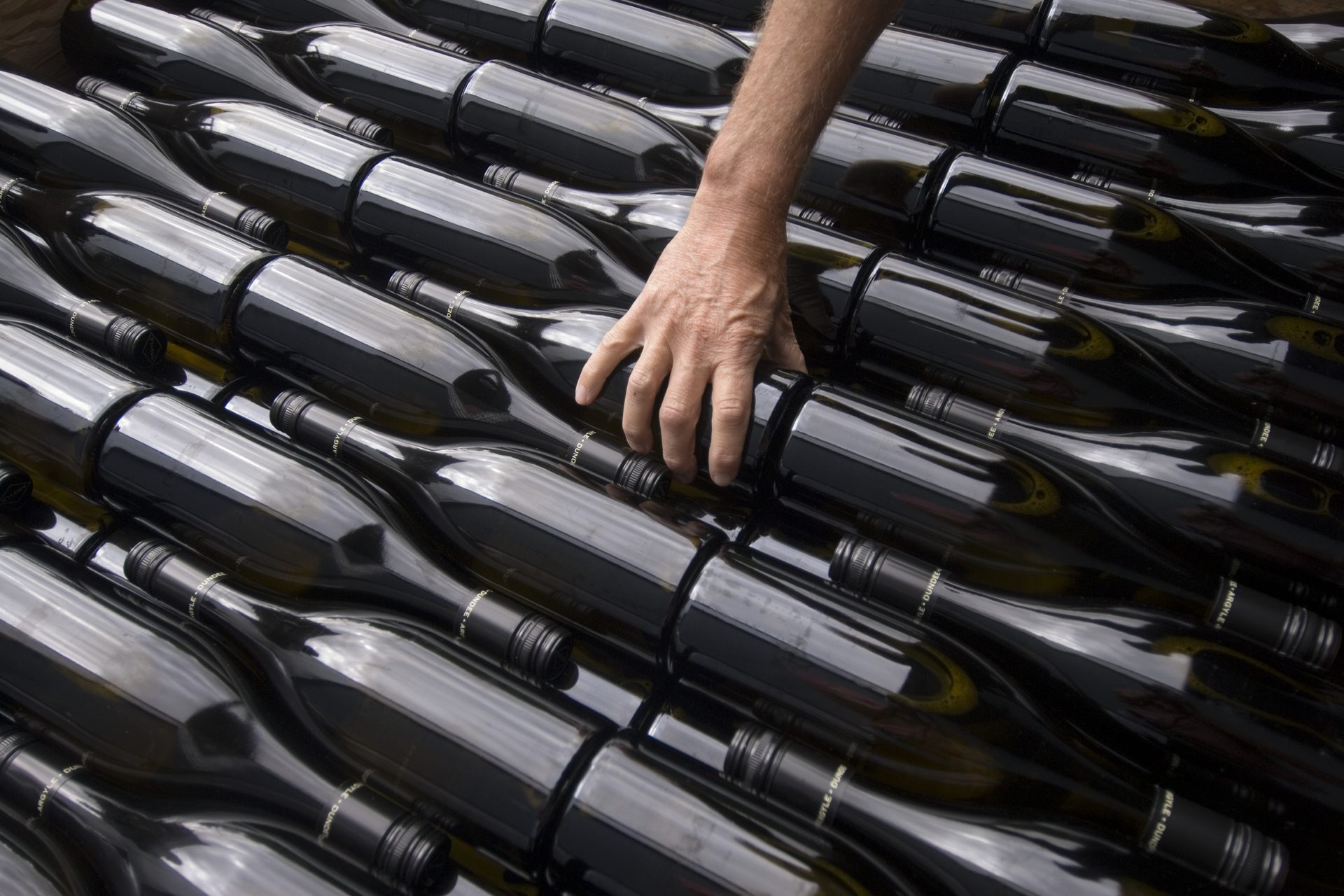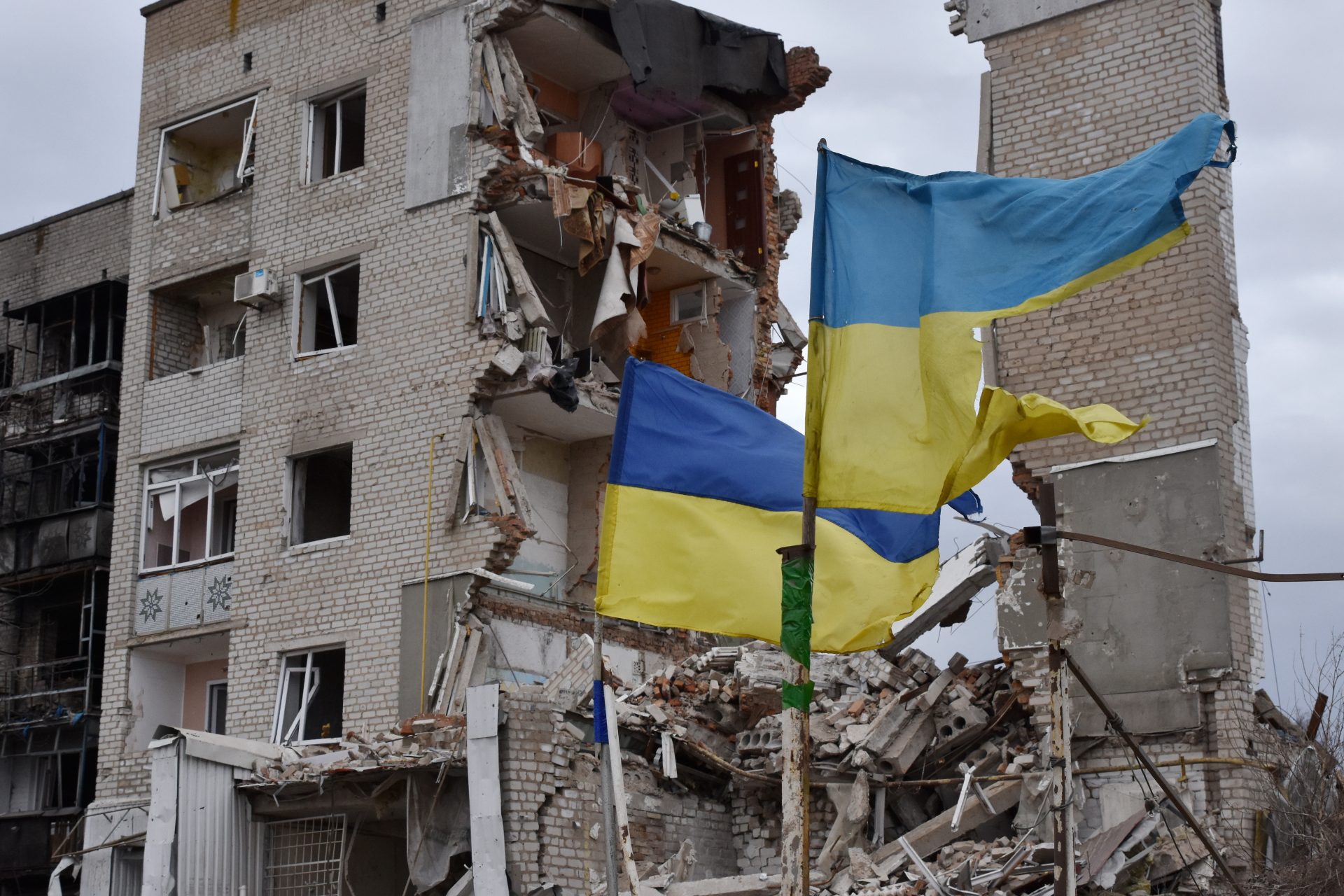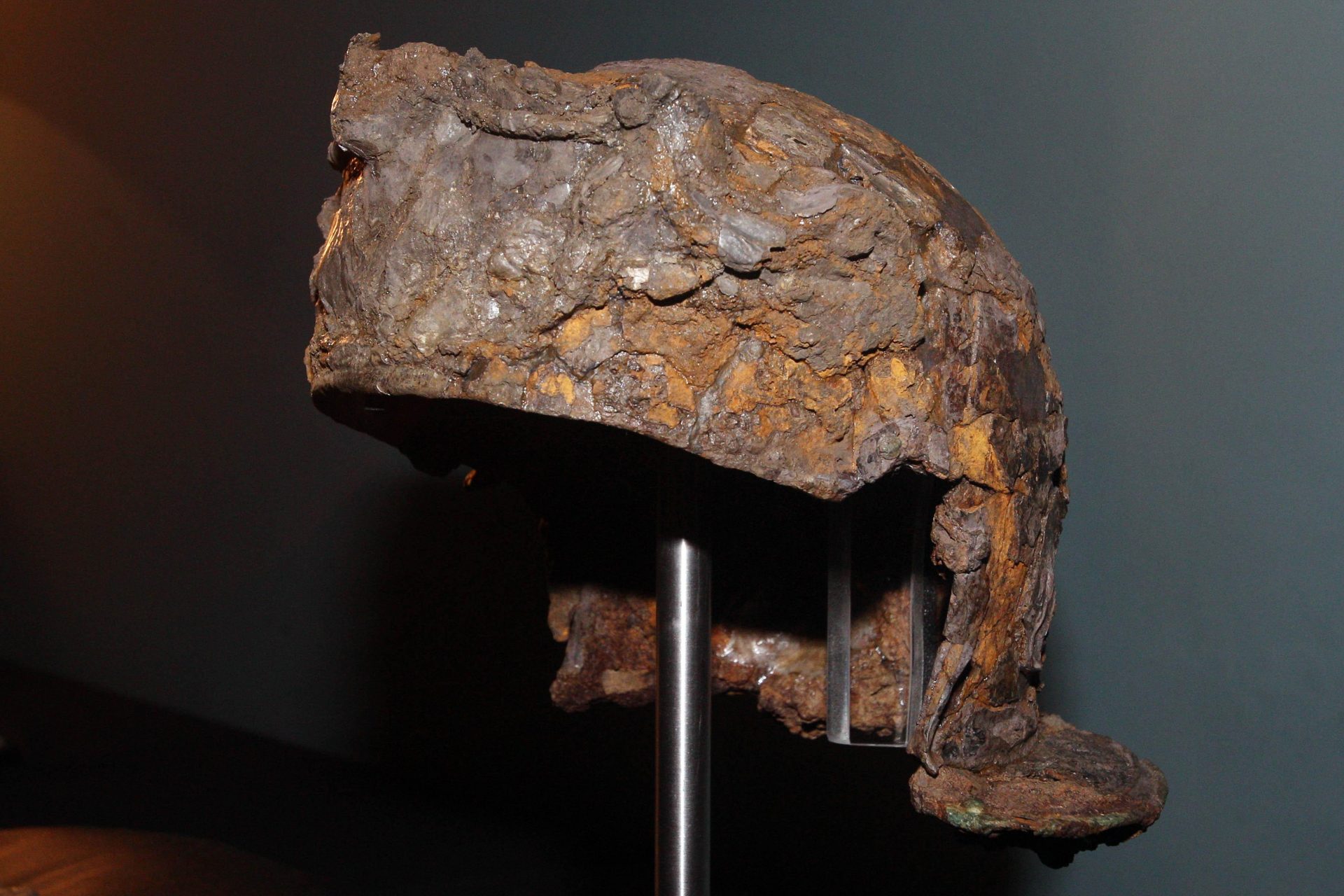Dutch nuns turned to an unexpected business venture to save monastery
Could it be that the nuns of the Oosterhout monastery in the Netherlands have witnessed a phenomenon akin to the miraculous transformation of water into wine, a tale etched in memory over the past two millennia?
Photo - bredamaaktmijblij.com
Obviously, there are no miracles here, but there is the fortune that climate change and the increase in global temperatures have been a lifeline for this congregation located a few kilometres from Breda.
The rise in temperatures, coupled with the lack of rainfall, has significantly enhanced the congregation's grape harvest. These grapes are used to produce the wine, which serves as the primary source of funding for the monastery.
"The sun has done a good job," says Sister Mary Magdalene. "We will be able to fill about 64,000 bottles of wine." However, there is one problem with having such a large production -the nuns don't know who to sell it to.
Photo - bredamaaktmijblij.com
It was Noël van Hooft, journalist from 'Omproep Brabant', who echoed this curious story of entrepreneurship and unexpected growth.
The congregation of nuns has been in the Oosterhout monastery since 1647, although it was not until 2012 when they began to make wine, to alleviate the effects of the global economic crisis.
Photo - bredamaaktmijblij.com
At first, as Mary Magdalene confessed to Noël van Hooft, they thought about beer but considered it inappropriate for "a women's monastery."
Photo - bredamaaktmijblij.com
This is how the wine alternative came about. "It fits much better; it's biblical, and it refers to Jesus." And they got to work.
For context, in 2020, they produced 20,000 bottles of wine, while the poor harvest in 2021 limited production to just 9,000 units.
Obviously, no one expected that 2022 production would take a leap in quality and quantity to 64,000 bottles. Which is why they were forced to ask for help.
Photo - bredamaaktmijblij.com
Until then, the nuns sold their wine to local residents or those visiting the monastery. However, with a production of such magnitude, they concluded that they had to open up to new customers.
Photo - bredamaaktmijblij.com
This is how they chose to contact 'Breda Makes Me Happy', a portal that helps local agricultural entrepreneurs sell their product. In fact, they even recorded a promotional video.
Photo - bredamaaktmijblij.com
"They called saying that they had so much wine that they didn't know what to do with it. So we made a video and set up a campaign for them," confirms the founder of the portal, Thibaud van der Steen, to 'The Guardian'.
Photo - bredamaaktmijblij.com
The story has gone viral, and the wine of the nuns of the Oosterhout monastery is already known halfway around the world. Obviously, Sister Mary Magdalene's premise has been fulfilled: "We make people happy."
Photo - bredamaaktmijblij.com
The congregation's wine offering is limited to a white wine called 'Norbertus' in honor of the founder of the Norbertine order (with Auxerrois, Pinot Blanc and Pinot Gris grapes) and a rosé called 'Ricwera', after the first inhabitant. of the convent (Pinot Noir and Gamay).
As for the price, it is the same for both options: 112 euros for a box of six bottles, with shipping costs included. The bottle costs approximately 18.7 euros.
Photo - bredamaaktmijblij.com
More for you
Top Stories





























